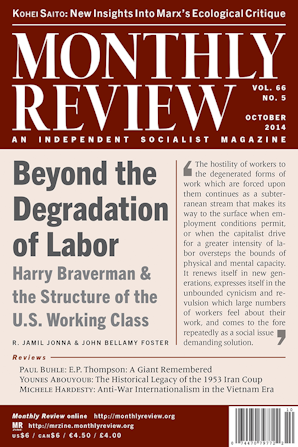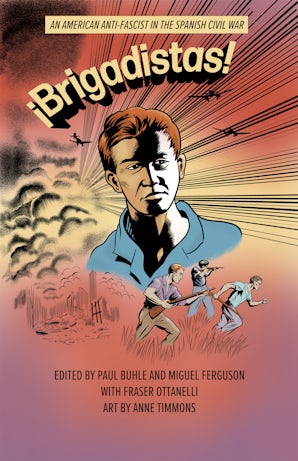Also in this issue
- Beyond the Degradation of Labor: Braverman and the Structure of the U.S. Working Class
- The Emergence of Marx's Critique of Modern Agriculture: Ecological Insights from His Excerpt Notebooks
- Vietnam War Era Journeys: Recovering Histories of Internationalism
- A Defining Moment: The Historical Legacy of the 1953 Iran Coup
Books by Paul Buhle
¡Brigadistas!
by Miguel Ferguson and Fraser M. Ottanelli
Illustrated by Anne Timmons
Foreword by Paul Buhle
Taking Care of Business
by Paul Buhle
Insurgent Images
by Mike Alewitz and Paul Buhle
Foreword by Martin Sheen
Article by Paul Buhle
- Insectopolis and the Fantastic Peter Kuper
- Hubert Harrison: A Giant Remembered
- The Long Road of Tariq Ali
- Empire and Popular Arts: A Note on Roxanne Dunbar-Ortiz's "Indigenous Peoples' History of the United States"
- Ancient Marxist History
- Palestine, Oh, Palestine!
- The Left and the Class Struggle
- Two Intellectual Giants of the American Left
- The Struggle for Scotland's Future



